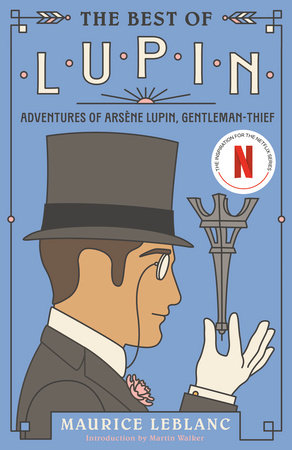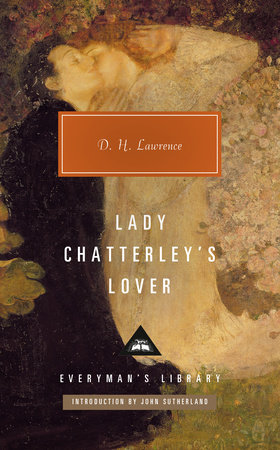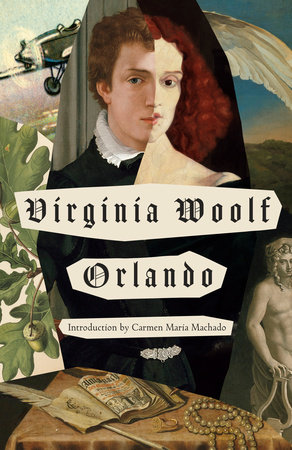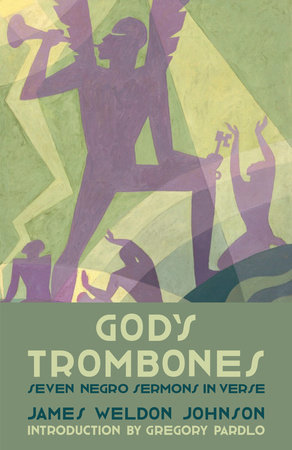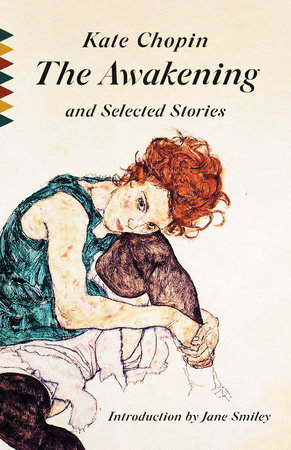Excerpt
The Best of Lupin
From the INTRODUCTION By Martin Walker
Arsène Lupin stands alongside George Simenon’s Maigret as one of the immortal figures of French crime fiction. He emerges in 1905 as the antihero in a serial novel by Maurice Leblanc, a young journalist from Normandy, in the French magazine Je Sais Tout [I Know Everything]. Lupin became an immediate global success. The first US film of his exploits, The Gentleman Burglar, was made in 1908. Two years later, Berlin’s film studio in Germany made Arsène Lupin contra Sherlock Holmes. The first Japanese film, Rupimono, followed in 1923. The Barrymore brothers starred in an early Hollywood talkie in which Lupin goes for the Mona Lisa, all followed more recently by wave upon international wave of TV series, manga, comics, and video games in Korean, Japanese, Indonesian, Hindi, and most European languages.
Often compared with Sherlock Holmes, Lupin is in fact significantly different. While almost all the superstars of crime are on the right side of the law, Lupin is most of the time a criminal, a gentleman[1]thief. And although he has moments of public-spiritedness and personal generosity, he is no Robin Hood who can be relied on to take from the rich to give to the poor. As he declares in the splendid short story “Edith Swan-Neck”:
“I may have peculiar views about other people’s property; but I assure you that it’s very different when my own’s at stake. By Jove, it doesn’t do to lay hands on what belongs to me! Then I’m out for blood!”
Lupin is hard to pin down. Sometimes he is the Russian prince Serge Rénine, with an apartment on the fashionable Boulevard Haussmann, while in the later stories he is just as likely to play the hard-bitten American private eye, Jim Barnett, with a modest office on the Rue Laborde. Opening a trial (from which Lupin inevitably escapes), the judge says Lupin is widely believed to be the professor who introduced the Japanese art of jiu-jitsu to Paris, and that he won ten thousand francs in the Grand Prix bicycle race and was never heard of again, and before that he was the Russian student who researched bacteriology and skin diseases at the laboratory of Doctor Altier in the Saint-Louis hospital. And sometimes Lupin is the sworn but admiring rival of that famous English detective Sherlock Holmes, opening a new front in that centuries-long love-hate relationship between the French and their neighbors across the Channel. In their first encounter Lupin steals, but then returns, Holmes’s pocket watch.
“He is possessed of a marvelous intuition . . . surpassing even that of Sherlock Holmes himself,” Sherlock Holmes admits to himself in “The Jewish Lamp,” one of the series of stories of their confrontation published in 1908. “I resemble an actor whose every step and movement are directed by a stage manager . . . a superior will.”
The visit of Holmes to Paris had been orchestrated by Lupin, and as Holmes steps off the train, he sees all over Paris men carrying sandwich boards advertising THE MATCH BETWEEN SHERLOCK HOLMES AND ARSÈNE LUPIN—READ THE DETAILS IN the ECHO DE FRANCE (the newspaper in which Lupin is a major shareholder). Threats of legal action by Arthur Conan Doyle, Holmes’s creator, required Lupin to rename the Englishman Herlock Sholmes, and in the tales of Lupin, peace broke out. The two men agreed to a kind of draw, or as Maurice Leblanc puts it, “The treaty of peace was concluded.” “Must a person steal, cheat, and wrong all the time?” Lupin demands in “The Shipwreck”:
“Then you do good, also?” Sherlock Holmes asks, and his question seems genuinely curious.
“When I have the time,” Lupin replies. “Besides, I find it amusing.”
A master of disguise, able to change his height and build and appearance at whim, and a genius at crafting illusions, Lupin has also (according to his creator) become something of a favorite among public opinion in Paris. One newspaper editorial, in the same short story, declares its outrage when one of Lupin’s schemes leads—most unusually—to a death:
“Let him look to himself. It would not take many exploits of this kind for him to forfeit the popularity which has not been grudged him hitherto. We have no use for Lupin, except when his rogueries are perpetrated at the expense of shady company-promoters, foreign adventurers, German barons, banks, and financial companies. And, above all, no murders! A burglar we can put up with; but a murderer, no!”
Murder, however, is one crime of which Lupin appears to be innocent. Despite the thefts, frauds, tricks, and impersonations, Lupin also seems to adhere to some moral code of his own devising that allows him to convince himself that he remains a gentleman, above all in relation to women. And in tracking down the long-lost fortune of one of the first victims of the guillotine during the Revolution over a hundred years earlier in the story “The Sign of the Shadow,” Lupin contents himself with a fraction of the loot, leaving the rest to the impoverished descendants.
A mystery is not just a plot with entertaining or intriguing characters, but also something of a game between author and reader, and Leblanc is a master of that strange art: of misleading clues, the unlikely coincidence, the railway timetables that do not quite match, the footsteps in the snow that are a little too deep, and even Holmes’s favorite, the dog that does not bark in the night.
In his portrayal of the gentleman crook, Leblanc again borrows from the English tradition established by Ernest William Hornung, the creator of A. J. Raffles, the classic upper-class thief who became almost as famous as Sherlock Holmes. And just as Holmes has his Dr. Watson, Hornung provided Raffles with a sidekick, Bunny Manders, and it became an open secret among their friends that Raffles and Bunny were modeled on Oscar Wilde and his lover, Lord Alfred Douglas. The connections were even more convoluted, since Hornung married Connie, one of Conan Doyle’s sisters.
There was one great difference between Lupin and the two English characters, Holmes and Raffles, who between them inspired Leblanc to dream up his hero: Lupin was devoted to women. On his first adventure, aboard a ship bound for the Americas, he falls in love and escapes from prison to find his love again but wins only a fading white rose from which petals are falling. He goes through a mock wedding to save a devout countess from a forced marriage to a wealthy brute, falls for her, and she declares he is her husband “in the eyes of God,” and breaks his heart by entering a nunnery.
Another of his old loves is about to lose her only child to her cruel husband, who claims to have proof that she has been unfaithful. He can thus demand a divorce, take command of the child and its inheri[1]tance, and thus repair his own ruined fortunes. Lupin, under the name Horace Velmont, yet another of his many aliases, comes to the rescue when he receives a card he gave the mother many years earlier with his promise to come to her aid whenever she called.
In the guise of the private eye Jim Barnett, Lupin joins his detective friend Inspector Béchoux on a visit to the policeman’s ex-wife, a ragtime singer at the Folies Bergère, whose home has been burgled of all the priceless antique furniture in her bedroom, including a bed that had belonged to Madame de Pompadour herself. Naturally, Lupin solves the case, recovers the bed, and disappears on a honeymoon trip with the ex-wife, leaving her hit number ringing in Béchoux’s ears: “I’m in luck, I gotta boy, Fills his momma’s heart with joy— Yes, you otta see my Jim!”
Lupin saves another woman, Hortense, from a marriage she dreads and woos her by recruiting her as his spy and aide in the fashionable beach resorts of Normandy. After solving another crime together, they are standing on a cliff top, gazing at the sea, and Lupin, in the role of Russian Prince Rénine, asks what she is thinking: “I know, as certainly I know that I exist, that you would save me, whatever the obstacles might be. There is no limit to the power of your will,” says Hortense. In reply, he responded, very softly, “There is no limit to my wish to please you.”
And that might be Leblanc’s epigraph to his readers.


